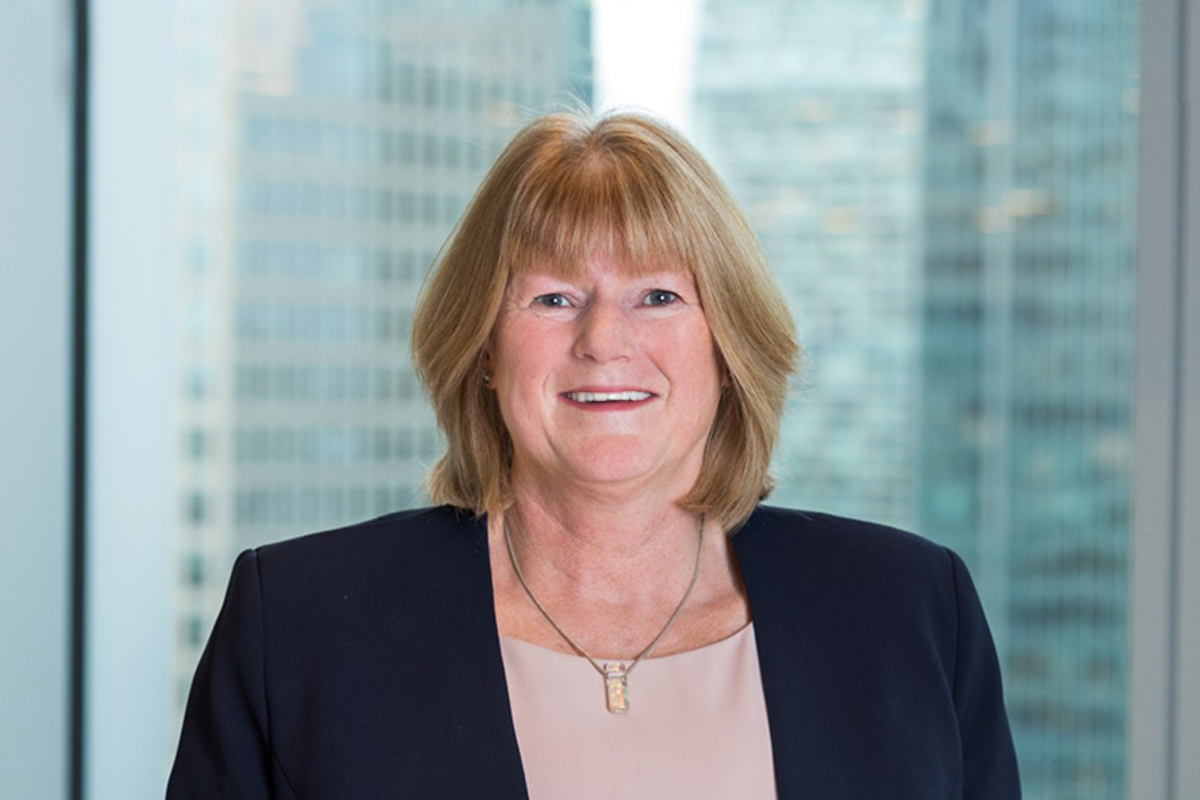EY refers to the global organization, and may refer to one or more, of the member firms of Ernst & Young Global Limited, each of which is a separate legal entity. Ernst & Young Global Limited, a UK company limited by guarantee, does not provide services to clients.
Related article
How the financial services industry is preparing for Consumer Duty
After years of talking about customer centricity, firms will be required to show evidence of it in all interactions and operations.
Since its inception, the Financial Conduct Authority (FCA) has set out 11 principles of business for financial services – making the introduction of the 12th principle, Consumer Duty, one of the most fundamental changes to UK retail regulation in over a decade. The duty introduces a higher standard of conduct, creates a clearer focus on the interests of customers and gets to the heart of issues that previous regulations have not managed to reach.
The FCA is asking firms to take ownership of customer outcomes, with their guidance around practical implementation issued at a high level to cover the thousands of firms they regulate. This leaves many unsure of how to apply the rules, especially given the shift in focus to outcomes rather than processes. Based on previous regulatory approaches, it is likely the FCA will follow-up with thematic reviews, such as the treatment of vulnerable customers. We also know that they are willing to use enforcement and issue heavy fines when poor practice leads to customer harm. Firms should therefore expect the duty to be backed up by assertive supervision and enforcement action.
With the new rules now finalised and with implementation expected by July 2023, faced with such tight timescales, firms are initiating targeted change programmes. The goal is to rapidly enhance the focus on delivering good customer outcomes, whilst taking proactive steps to mitigate poor practice.
Despite the short lead times, many still underestimate the complexities and scale of change required. The new duty is not just a compliance exercise. It is about firms knowing their customers, understanding their needs and meeting their long-term financial objectives. The organisations we are working with see strong, positive reasons – both ethical and commercial – for leveraging the duty to enhance their customer focus. But the resulting changes also need to make business sense if they are to be sustainable in the long term.
Several banking and investment clients asked EY to help them plan their responses. Their priorities ranged from gaining high-level insights into regulatory expectations and the suitability of their chosen implementation approach, to setting reasonable target outcomes across different products, client segments and levels of customer understanding. Identifying potential areas of customer friction, for example if it was more or less difficult to change or withdraw from a product just because the customer sought to do it in branch versus online, and understanding which products and services need to be critically reviewed was another key area of focus. They also wanted to understand how to consistently define, measure and deliver good outcomes in the context of their business and their customers. Good outcomes differ based on the situation but require the financial institution to avoid foreseeable harm for their customers, and to help them achieve their financial objectives.
Over the last few months, EY has been working closely with clients, from a global bank, a major UK retail bank, and a leading wealth manager, to help them to achieve their goals – and to reframe Consumer Duty as an opportunity, not just an obligation.









